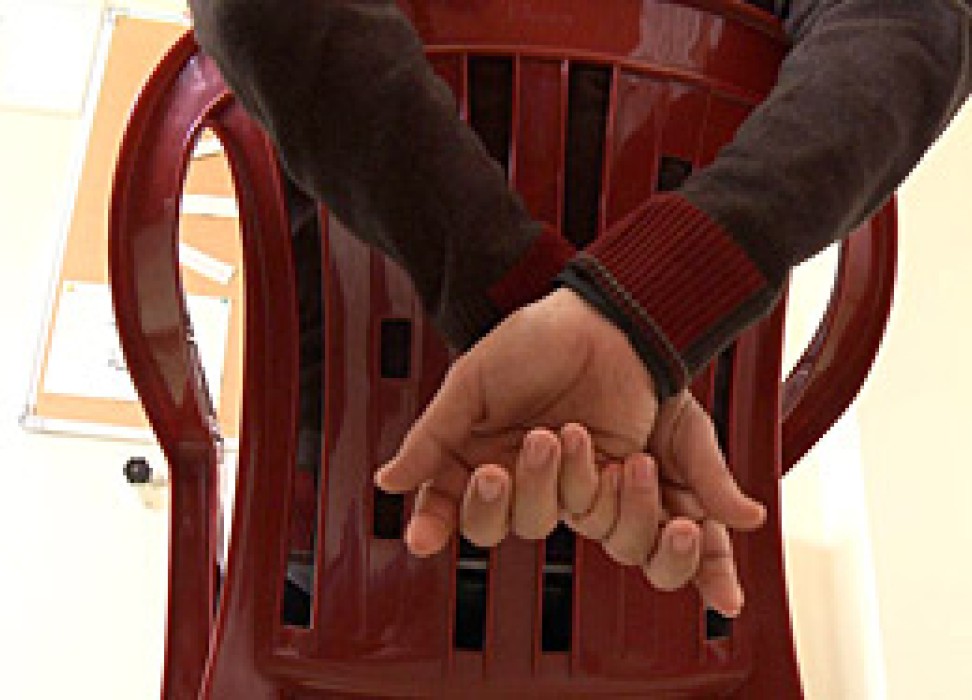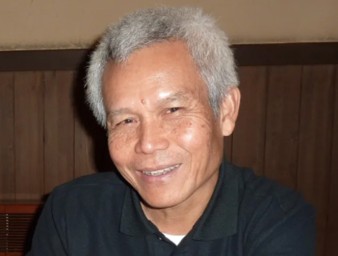Supporting victims of torture and rebuilding lives
26 June 2015

In a torture rehabilitation center in Northern Lebanon, Yusuf is receiving treatment for the painful electric shock he endured while being imprisoned for allegedly taking part in Syrian protests. Abu Yazan was also tortured by electric shock when he was held in detention accused of being a terrorist.
Yusuf and Abu Yazan are not alone. There are hundreds of thousands of victims of torture living in countries on every continent around the world. They are men, women, and children. Many are asylum seekers, migrants, victims of sexual violence in armed conflict, human rights defenders, victims of enforced disappearances, indigenous peoples, LGBT persons and people tortured in detention.
The UN Voluntary Fund for Victims of Torture, managed by the UN Human Rights Office, helps all torture victims and their families reclaim their lives. In 2015, it is assisting more than 57,000 men, women and children in over 80 countries. Yusuf and Abu Yazan both received rehabilitation services and legal support at the NGO Restart Center in Tripoli, which is supported by the Fund.
“The rise of violent extremism and unprecedented levels of forced displacement in our world demand a comprehensive response – and no aspect is more urgent than assisting the many victims of rising levels of torture that these and related trends generate,” said UN Secretary-General Ban Ki-moon in his message to mark the International Day in Support of Victims of Torture on 26 June.
The UN International Day in Support of Victims of Torture is an opportunity for the international community to speak out against crimes of torture and to honour and support victims and survivors.
“In armed conflict, torture constitutes a war crime,” he said. “When it is used in a systematic or widespread manner, it also amounts to a crime against humanity. There is an absolute prohibition on the use of torture at any time and under any circumstances under international law.”
Many victims migrate from their home countries in order to escape torture and require immediate assistance to prevent additional trauma.
“Torture is always an emergency and it is vital that victims of torture, who may have suffered traumatic events in their country of origin and during their journey, get immediate support and care to prevent, as far as possible, irreversible physical and psychological harm,” said Adam Bodnar, Chairperson of the Board of Trustees of the UN Fund for Victims of Torture in a joint statement issued by the Board of Trustees along with the UN Committee against Torture, the Subcommittee on Prevention of torture and the UN Special Rapporteur on Torture.
The Fund provides this support and care by awarding vital funding globally to rehabilitation centers, tribunals, private and public hospitals, refugee site, legal aid clinics and other institutions assisting victims. In 2015, the Fund awarded a total of US$6,188,000 to 184 projects; US$75,000 to three training projects, and US$1,000,000 for emergency projects and capacity building.
Names were changed to protect the victims.
26 June 2015



